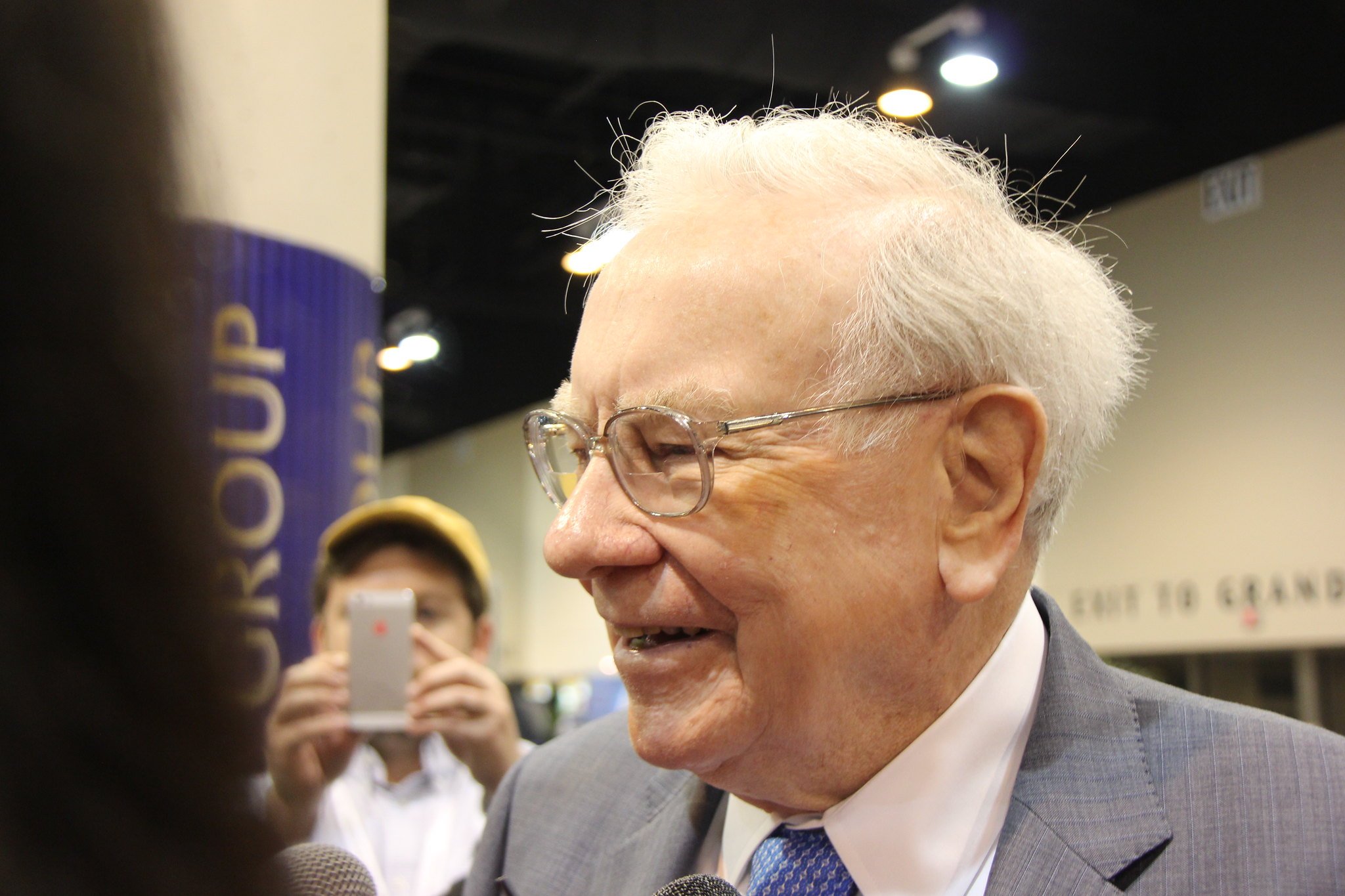
Ha! And you think I'm overpaid...
Three national championships in four years. In the 2009 season, Alabama finished the season 14-0. In 2011, they skunked Louisiana State University 21-0 to win another national championship. Another blowout victory over Notre Dame in 2012 sealed their third championship.
Saban has won 79 of the 93 games he has coached while at Alabama. In the September 2008 issue of Forbes Magazine, Saban was featured on the cover as "The Most Powerful Coach in Sports." Without debate, and despite any rivalry bias you may have, Saban is worth every penny of the $7 million per year Alabama recently agreed to pay him.
College football is just a game. People's jobs, homes, and 401(k)s are not.
What is debatable, and perhaps even tragic, is how executive pay works at the nation's largest and most systemically important financial institutions. These individuals can cause serious harm to the world around them and still get rich.
Here are a few examples of the executives, current and former, who caused catastrophic harm to our economy and got rich in the process.
1. Angelo Mozilo-Former CEO Countrywide Financial
Perhaps no single individual represents the subprime mortgage boom and bust more than Mozilo. He founded Countrywide in 1969 and built the company into the nation's largest mortgage lender, largely on the notion that any adult can qualify for a mortgage -- repayment be damned!
As the weight of delinquent loans began to sink Countrywide, Mozilo turned to Bank of America (BAC +1.56%) for a rescue. The mega bank eventually bought Countrywide outright and allowed Mozilo to walk away with total compensation in excess of $470 million from the years leading up to the crisis.
Justice may eventually prevail in this case, though, as provisions in the Dodd-Frank act have opened a possible window into the prosecution of Mozilo and his cohorts for fraudulent practices. If the case ever makes it to court, it won't help Mozilo's cause that Bank of America reserved $8.7 billion just months after buying Countrywide to settle accusations of predatory lending at the firm.
2. Joe Cassano-Former Executive American International Group
In 2009, Rolling Stone Magazine called Cassano the "Patient Zero" of the global financial crisis. Cassano was the executive at AIG's Financial Products unit responsible for selling billions of dollars of credit protection through derivative contracts known as credit default swaps.
Cassano operated with little oversight internally at AIG (AIG 1.28%) or externally by regulators. He mitigated his unit's risk even less. The New York Times reported Cassano told analysts in August of 2007 that:
"It is hard for us, without being flippant, to even see a scenario within any kind of realm of reason that would see us losing one dollar in any of those transactions."
Flippant indeed. Soon thereafter, the U.S. government would bail out AIG to the tune of $182 billion. For Cassano's efforts, though, he was awarded $315 million.
3. Marion and Herb Sandler-Founders World Savings Bank (Golden West Financial)
The story of the Sandlers begins in the early 1980s when they began offering a new mortgage product at their bank, Golden West. This product, the option ARM, allowed borrowers to pay back their mortgages in a variety of ways. The problem, it turns out, is that many of these borrowers eventually couldn't pay it back at all.
With competition in the mortgage business reaching all time highs in the early and mid 2000s, the Sandlers doubled down on the Option ARM and other sub prime mortgage products. Business boomed.
In 2006, the Sandler's sold Golden West to Wachovia, the iconic bank of the 1970s and 80s. Three years later Wachovia was absorbed into Wells Fargo (WFC +1.94%); the acquisition a forced coup resulting directly from the toxic mortgage assets acquired via Golden West.
The Sandlers sold Golden West for $24 billion and pocketed $2.4 billion themselves in the deal.
To be an anti-hero
Predatory lending practices were institutionalized at Countrywide and Golden West. Cassano's arrogance and greed led him to take risks he did not understand for utterly selfish gains.
The actions of these individuals, and many others not mentioned here, are a glimpse into the dark side of capitalism. This is what happens when the virtues of hard work, prudence, and most significantly, integrity fall under the shadow of greed, self interest, and ego.
Perhaps this is why our society deifies sports icons to the degree we do. Because every week, Nick Saban and others must run out onto the field and play the game in the open, plain view of the stadium crowd and TV cameras. The rules are managed actively in real time by highly effective officials watching every aspect of the game.
There is no shadow system lurking just below the surface. There is no bailout. In sports, winners win, and other people do what other people do. We learned that in our financial system, the winners win, and so do the villains.
Have a comment or question about real estate, banks, or financial stocks? Like Jay on Facebook and leave your question or comment!








